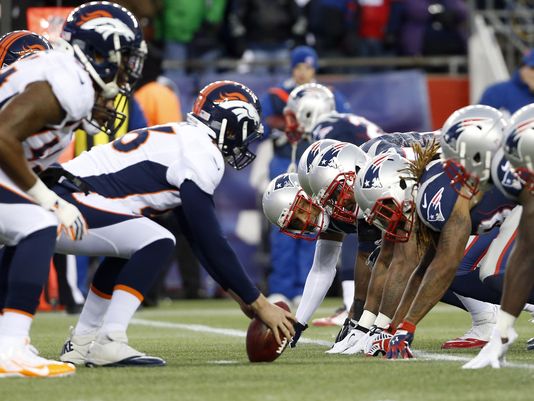Bud Selig once tried to warn the world about what would happen if legalized sports gambling spread to more states.
Instead of cheering for their favorite teams, the baseball commissioner predicted, fans would be more inclined to cheer for themselves to win money — a factor he said would harm his sport’s character.
“Players would not be viewed by fans as exceptionally skilled and talented competitors but as mere assets to be exploited for ‘fast money,'” Selig wrote in a statement submitted in federal court in 2012.
Two years later, Major League Baseball is singing a drastically different tune — and so are the NFL, NBA and NHL.
After all four leagues issued similar warnings in 2012, each sport is partnered up with two start-up companies whose business model relies on fans trying to make fast money every day based on player performance in games.
It’s called daily fantasy sports. It’s legal in almost every state. And its popularity is starting to soar, especially among young adult males.
But the recent rise in partnerships with this new industry marks a significant pivot point for these leagues that could have major ramifications for the future of American sports, various experts told USA TODAY Sports.
If the deals work the way the leagues hope, daily fantasy sports consumption will have a steroid effect on television revenue, because nobody watches live sports on television quite as intensely as fans with money at stake.
At the same time, such deals have led to conflicting, and certainly evolving, positions on the subject.
— In November, the NBA announced it had become an equity investor in FanDuel, a daily sports fantasy site that says it pays out $10 million in weekly cash prizes. Yet the NBA won’t allow its players or personnel to buy what FanDuel is selling — daily NBA fantasy games that pay out these prizes based on real-life player statistics.
“Our policy is that NBA personnel are prohibited from participating in NBA fantasy leagues that require payment of an entry fee or award prizes to participants,” NBA spokesman Tim Frank told USA TODAY Sports.
A day after the NBA’s FanDuel announcement, NBA Commissioner Adam Silver advocated for legalized sports betting in an editorial in The New York Times.
